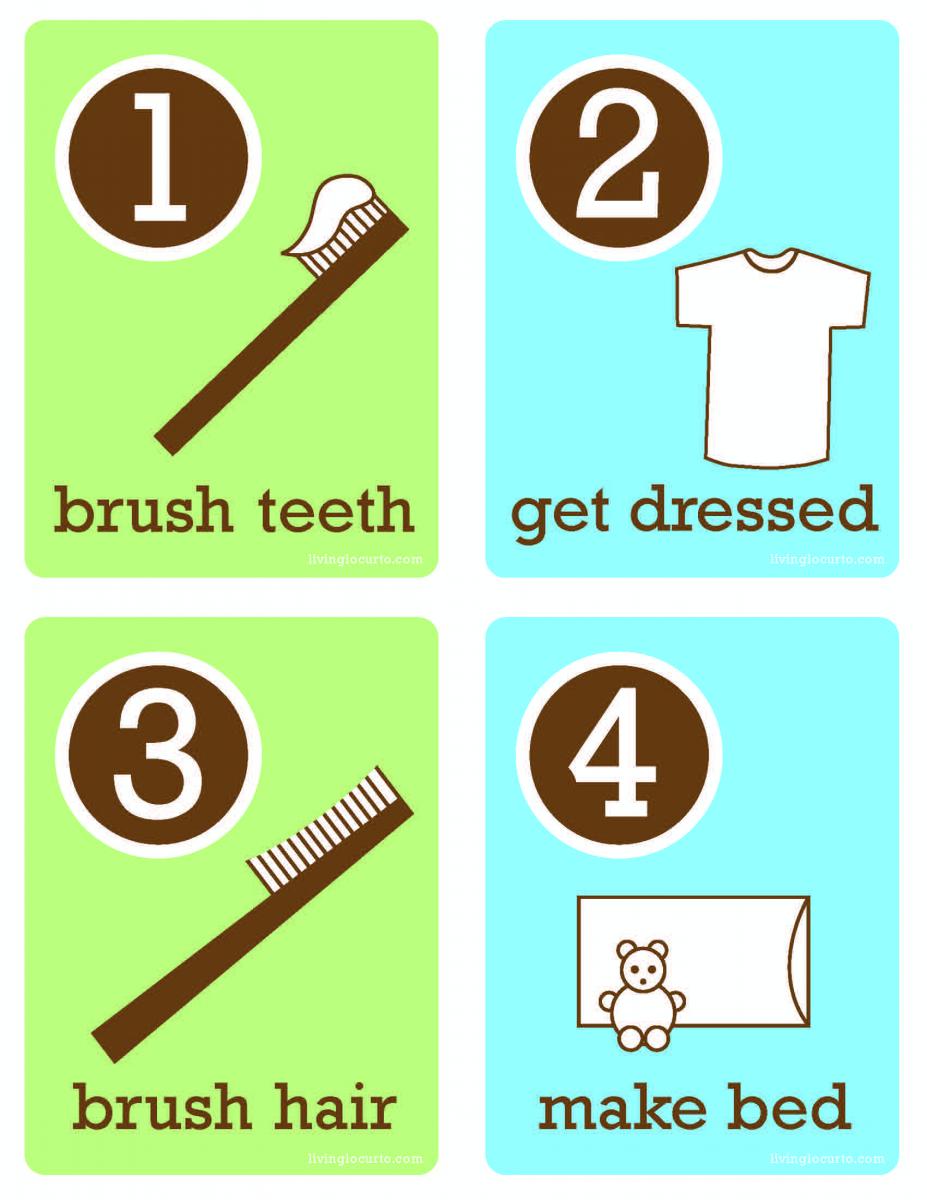
A Neat Bedroom – How Important Is It?
December 6, 2017
Two Small Steps for the Family Coping with ADHD/LD
January 10, 2018
Many parents have strong opinions about whether to provide an allowance to their children.
Some are of the opinion that children should do chores and other jobs at home without receiving a monetary reward. Pride in making a contribution to the family should be enough motivation. Other parents find it perfectly acceptable to provide a weekly allowance at a certain base rate, perhaps with extra pay for additional work. They view allowance as a means of teaching money-management skills. If you do an online search of expert advice about giving an allowance to children, you will also get divided opinions.
In some families, children may routinely provide regular babysitting, meal preparation, do laundry and housecleaning. Those youngsters might receive a weekly allowance that reflects the value of their contribution to the home. If a family goes the route of paying for extra chores, children need to do the unpaid chores before earning extra money. No child will be motivated to earn money if parents freely provide luxuries such as games, recreation or a special pair of jeans.
As money is doled out to children, whether as an allowance or as a payment for a service, have them immediately set aside an amount as savings. It could go into a bank account. With an older student, parents might consider a special allotment of funds for a clothing allowance or a weekly lump sum for lunch money at school. The whole point is to learn to manage a sum of money by saving and spending their earnings and by making mistakes. It is better to have them make the mistake of spending their monthly clothing allowance on something silly at age 14 than spend a semester’s living expenses in one month when they are in college.
Personally, I find that an allowance teaches several lessons. One lesson involves prioritizing how one will spend a finite resource. If a child has $2.00, will they choose to buy a big candy bar for $2.00 or will they choose the smaller candy bar for $1.00 and have money left for something else? Experiencing disappointment when you have an opportunity to go somewhere, but alas, you are broke, is unforgettable!
A second lesson is the idea of saving, or delaying gratification. Saving for a long-term goal teaches a valuable lesson. Saving for a special pair of hiking boots for Boy Scout camp would be an example. It is a good idea to let the child experience the effects of their decisions about spending money. They may regret a purchase, finding that the pleasure of having the item did not match their expectations.

It is always better to make mistakes when a safety net is in place. Mistakes made with handling money in childhood will not have the same consequences as those made later in life. A child will not go hungry or have their car repossessed because they spent their money on something foolish!
An online search will uncover numerous money management websites to consult on this issue. If you like resources in print you might consult one of the following: Money Doesn’t Grow on Trees by Godfrey, Edwards and Richards or Earn It Learn It: Teach Your Child the Value of Money, Work and Time Well Spent by Alisa Weinstein.
Blogger Mary Ann Mulcahey, PhD, shares her expertise in assessment and diagnosis of learning disabilities and ADHD, and the social/emotional adjustment to those issues. If you have questions, please contact Mary Ann at



